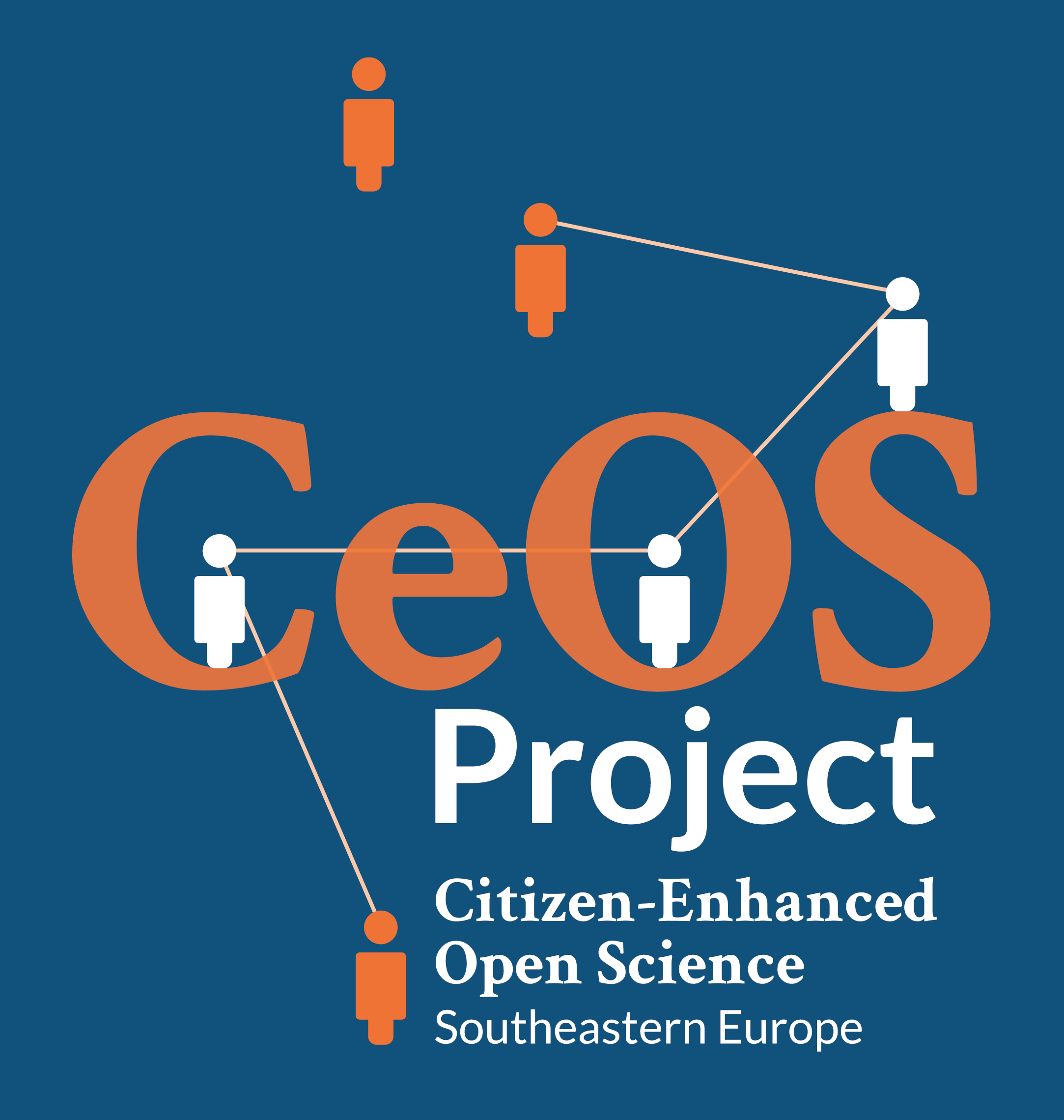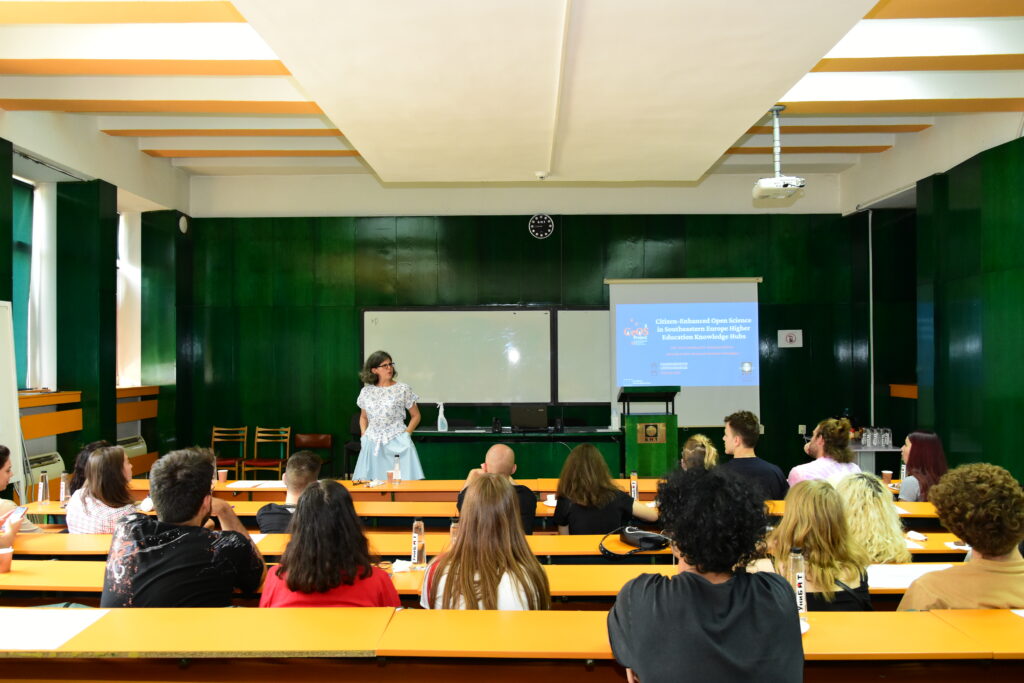ULSIT is a boutique university that preserves spirituality – the documents of the past to pass on to the modern world for the future. This is our mission in modern science – open to people. Students have the unique opportunity to familiarize themselves with authentic documentary evidence and to use the publicly available databases built by us to create their own original scientific research, reference books, and texts. And so, by keeping alive the memory of our historical past, let us strengthen the strong roots of our Alma Mater and build our successful future.
Open Science is a philosophy and practice at ULSIT that promotes open access to scientific information, data, and research results. Thus, the university promotes knowledge sharing, collaboration, and transparency in science at various levels in society.
The main principles on which ULSIT have focused working on the topic of open science include:
- Striving to provide open and free access to full texts of scientific articles, data, research results and other materials created by students and faculty.
- Expanding the scientific peer review model by involving the wider scientific community or the public in the process of evaluating and reviewing scientific research.
- Sharing scientific data and materials, which allows checking the results and using them for new research, sharing good experience.
- Publishing scientific publications in open journals or archives that are accessible to all, as well as in the university output – collections, websites, etc.
- Using open source and software tools that can be freely developed, modified, and used by the scientific community and learners.
ULSIT is active in open science and aims to improve scientific progress, innovation, and the development of higher education through collaboration, knowledge sharing and increasing the accessibility of scientific information. It provides opportunities for wider participation of the scientific community, stimulates innovation, and supports the discovery of solutions to major scientific, technological, and social challenges.
For ULSIT open science is a movement in the scientific community that seeks to change the way scientific research is conducted and its results are shared. This movement challenges traditional practices and perceptions in science and poses new challenges to us – scientists, researchers, public.
One of the great challenges of open science is the change in culture and attitudes towards knowledge sharing. In the traditional system, scientific results are stored in locked journals accessible only to selected scientists. This limitation of access to information creates barriers for innovators and progress in any scientific field. Open science opens the doors wide for this model, promoting open access to scientific information to allow a greater number of scientists, engineers, and society at large to benefit from it. However, this requires a change in the thinking and culture of scientists, who must accept the idea that sharing knowledge is important and useful for the scientific community as a whole – a goal that ULSIT strives for and is actively working towards.
In terms of scientific peer review, open science encourages the participation of the wider scientific community and the public in the process of evaluating scientific research, i.e., the circle of experts is expanding. This causes the need to develop new models for evaluating scientific articles that consider the diversity of opinions and representations of different stakeholders. This is a challenge, but also an opportunity to improve the quality of research through more objective and broad work.
Open science also raises the issue of managing and sharing scientific data. Data standardization, compatibility between different systems and data sources, and the protection of personal data are essential for the successful functioning of open science. Also, infrastructures and tools need to be developed to facilitate the sharing, storage, and processing of large volumes of data. These challenges require collaboration between scientists, institutions, and society, as well as investment in technology and innovation to help the process.
In conclusion, open science in ULSIT’s scientific circles challenges the team to improve the education system. It encourages greater participation of students in research, developing their analytical and critical skills. Open educational resources and materials allow everyone, regardless of location and financial ability, to access knowledge and education. I.e., traditional education models are being adapted to open curricula and methodologies.
Open science is a challenge that poses questions and seeks solutions in all aspects of scientific activity – from knowledge production, through communication and evaluation, to education and social impact. To achieve the benefits and opportunities that open science offers, it is necessary to overcome challenges and develop broad-based support from scientists, community organizations, learners, and society. This requires active cooperation and commitment from all parties to achieve scientific progress, innovation, and prosperity for all humankind.
Author: Evelina Zdravkova, ULSIT











